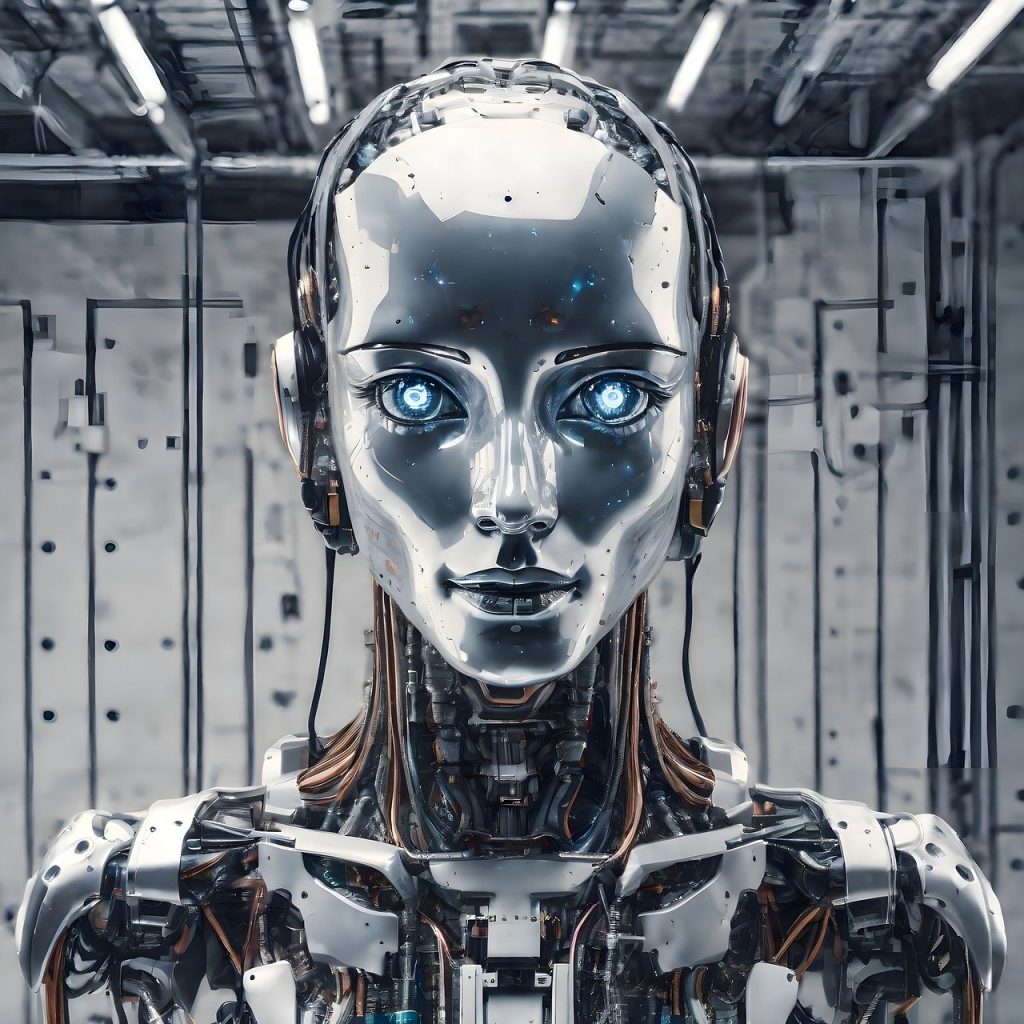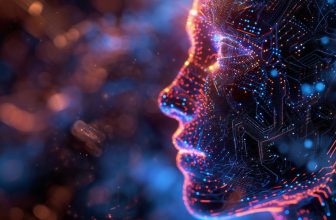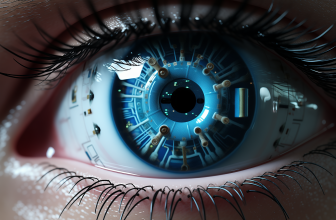
The introduction of Voice Generator AI has completely transformed audio content creation and consumption. Such tools convert text into speech that is so human-like and emotional that one may wonder why people are made to read scripts in the first place. This technology employs sophisticated neural networks and leveraging other mechanisms making it possible to create voice-overs that sound human like, making it a great tool to businesses, content creators, teachers among other people.
Time and cost is perhaps the most compelling case for the use of Voice Generator AI. In the traditional voice-over creation process, there are many activities such as booking of recording sessions, hiring of voice actors, and long editing processes. With the advancement of technology where voice generators are powered by AI, the users only need to upload their script and select the preferred style of voice, accent, and tone and quality audio is produced in few minutes. This is especially advantageous to marketers that require quick production times for ads, podcasts or even promotional videos.
In addition to this, Voice Generator AI also promotes ease in creating content. Resource-deprived persons or those who find it difficult to record their voices can easily generate good-quality audio. This technology enables teachers to develop their own interactive e-learning materials since these allows the educators to record and present lectures and teaching aids using their professional voices without the need of high-level audio production education.

Further, the innovative aspect of the Voice Generator AI allows for further modification. Users can adjust their pitch, speed and delivery tone depending on the outcome they want to achieve. This is particularly beneficial for companies that do not wish to lose their voice identity even in different sections or media.
It also comes with many advantages, but the increasing popularity of Voice Generator AI raises certain ethical issues that must be addressed.






